Description
CONTENTS
- Message from the president
- Introduction, Syed Hassan Aftab & Maryam Siddique
- Keynote Address Rasul bakhsh Rais
- Nation Building Challenges in Contemporary Discourse: A Comparative Analysis of Nigeria and Pakistan.
Najimdeen Bakare
- Nation Building as a Conception and Challenging Task to Pakistan
Attiq- ur-Rehman
- Narrative of Nationalism and Nation-Building in Pakistan
Syed Qandil Abbas & Syeda Hudaisa Kazmi
- The Nation Question in Pakistan: Violent Conflict in The Pashtun
(Pashtun) region pf Pakistan
Syed Wasif Azam
- International Alliances and Nation Building: A Critical Analysis of Pakistan’s Alliance with the United State and China
Safdar Hussain & Sahrish Safdar
- Changing Dynamics of Nation-Building in Pakistan: A Threat to Domestics Security and Stability
Asma Rashid
- Role of Women in Pakistan’s Parliament: Opportunities, Challenges and Solutions
- Madni Asghar & Safdar Hussan
- Nation- Building through Religious Tolerance and Interfaith Harmony in Pakistan
Maryam Habib
- Role of State and Society in Wake of Intolerance: Adroit Lesson from Indonesia
Tatheera Zahra Sherazi.
- Peace Education: An Effective Tool for Conflict Resolution
Um e Rubab & M. Imran Yousuf
- Role of Ulema in Nation Building in Pakistan
Ghulam Mujaddid
- Role of Education in Nation-building: A Case Study of Pakistan
Hashmat Ullah Khan, Amin Ullah Khan & Rugia
- Role of Religious Education in Nation Building: prospects and contemporary challenges in Pakistan
Muhammad Ajmal Farooq
- Social Media Use and its Effect on Academic Performance of University Students in Karachi
Masroor Khanum
- The Consortium of Supervisor-Supervisee Relationship: A Prerequisite to Developing an Educated Nation
Sham Haidar, Fizza Farukh & Mehwish Haider
- Harassment against women; a cost of doing politics in Pakistan.
Madiha Hussain
20.An Explanatory Vision of Married Women’s Socio-Psycho Problems
Farhat Zafar
- Keen-Collier Approach within the Third Positions’ School of Political Economy: A way towards Removing Grievances in Ethnically Diverse Country Like Pakistan
Muhammad Asim ‘
- Drivers of Unfettered Urban Sprawl in Pakistan
Niaz Ahmad
- Towards Progressive Universal Modern Islamic Welfare State in New Millennium
Muhammad Igbal Anjum
- Self-Apprehension and Mixed Identity of Colonized Nations; A Post-Colonial Study
Attia Kanwal
- Essential Life Skills at the Primary Level: An Analysis of Grades IV-V Single National Curriculum of Social Studies
Shamaila Haleem
- Recommendations and the Way Forward
Manzoor Khan Afridi
- Glimpses of the International Conference
About The Book
(IRD), International Islamic University, Islamabad is a global center of excellence to encourage critical interdisciplinary approaches to the study of contemporary Islamic thought. With particular emphasis on areas such as human rights, rule of law, pluralism, diversity, democracy, Islam and the West, its aims from the beginning have been to build an inter-faith dialogue and construct intra-religious relations, and inject multiple Islamic responses to religious extremism and violence. It has won a respectable place as a global center of excellence and an open forum for critical, creative work, candid, timely and productive conversations on issues of contemporary relevance to Islamic societies. The Institute organizes conferences, seminars, panel discussions and public, debates. The Institute has also launched a series of publications in order to reach a wider public.
INTRODUCTION
Syed Hassan Aftab & Maryam Siddiqa Contemporary issues facing Pakistan range from the rising separatist elements in Baluchistan, acts of terrorism and sectarian violence to soaring inflation, unemployment, rampant corruption to power sector deficiency and the looming threat of climate change. Moreover, some public sector enterprises such as Railways, Steel Mill and PIA are dysfunctional and are in dire need of billions of rupees of state subsidy every month and the state is on the verge of bankruptcy. In fact, even today Pakistan’s stratified society does not possess well-established shared values and its education system falls short of meeting the challenges of the globalized world. Not to ignore that Pakistan’s haphazard and dysfunctional foreign policy is damaging its reputation and as a result losing its old friends. Seeing in a broader canvas, one can also find ups and downs in civil- military, executive-judiciary and center-province relationships. Briefly, even after around 75 years of establishment, Pakistan has yet to frame a roadmap for economic and political stability. When attempting to answer questions pertaining to the aforementioned current state of affairs in Pakistan, one cannot blame to a particular event, series of events or a landmark event in time. The point of concern is what should be done to overcome the above challenges? To address this question, the Igbal International Institute for Research and Dialogue, International Islamic University Islamabad in collaboration with the Faculty of Social Sciences and Faculty of Education organized a conference on Nation-building in Pakistan: Prospects and Challenges
on 21 & 22 December 2022. The aims of the conference were to find- channels to promote institutions that would provide for economic well- being besides strengthening democracy and social equity, harmony, peace, justice, freedom of expression, values, women empowerment and protection of rights of minorities, rights of differently-abled people and removal of ethnic grievances. In this connection, the contribution of religion, language, education system, media and other state institutions including the military and bureaucracy were brought under discussion. The desired outcome of the conference was to find opportunities for Pakistan in attaining national integration through the process of nation- building. Nation-building is the process through which the boundaries of the modern state and those of the national community become congruent. The desired outcome is to achieve national integration, Nation Building is a dynamic and continuous process, It involves the development of behaviors, values, language, institutions and physical structures that elucidate history and culture, concertize and protect the present and ensure the future identity and independence of a nation. The conference provided E platform’ to academicians, researchers, professionals, experts and policy makers on the platform to discuss innovative ideas, best practices and policies for building the nation. Around 44 national and 7 foreign scholars presented their papers at the conference. After long deliberations, the Editors of the current volume included some of the papers presented at the conference. Prof Rasul Bakhsh Rais delivered the keynote address. The scholarly work of Dr Syed Wasif Azam, Dr Najimdeen Bakare, Dr Attiq ur Rehman Dr Qandil Abbas, and Syeda Hudaisa Kazmi discuss problem Tique of nation-building and perils and promise of Pakistan. Dr Safdar Hussain and Dr Asma Rashid highlight securitization and shifting geopolitics with reference to Pakistan. Madni Asghar, Dr Madiha Hussain and Dr Farhat Zafar shed light on the significance of gender justice in nation-building in Pakistan. Dr Shumaila Haleem, Attia Kanwal and Dr Niaz Ahmad address contemporary internal challenges for Pakistan. Maryam Habib, Dr Tatheer Sheerazi Dr Umme Rubab and Dr Imran Yousuf consider faith-affirming approaches for peacebuilding and conflict resolution. Dr Hashmat Ullah Khan, Dr Ghulam Mujaddid, Dr Muhammad Ajmal, Dr Masroor Khanum, Dr Sham Haider, Dr Fizza Farrukh, and Mehwish Haider shed light on the multiplicity of models of knowledge transmission in Pakistan. The endeavor made is a modest attempt, which aims to highlight the process of nation-building and challenges and opportunities for Pakistan in attaining national integration. We hope that all stakeholders specifically the academic community and policy-making circles will find it a useful exercise.
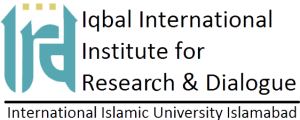
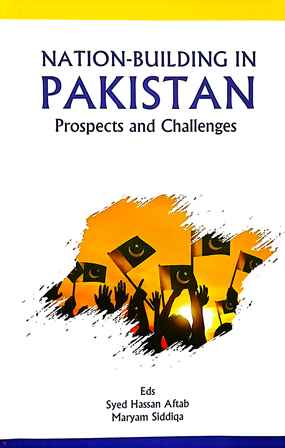
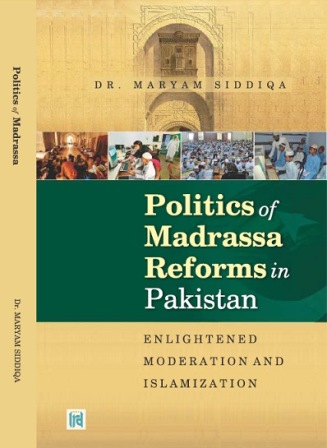
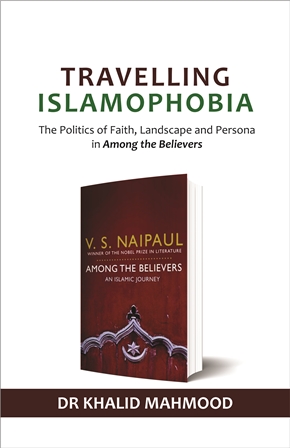
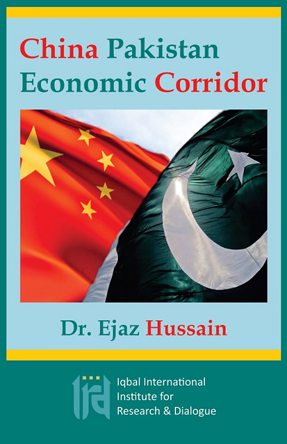
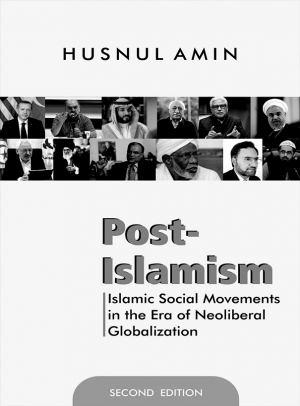
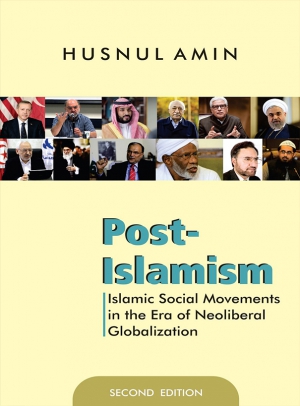


Reviews
There are no reviews yet.